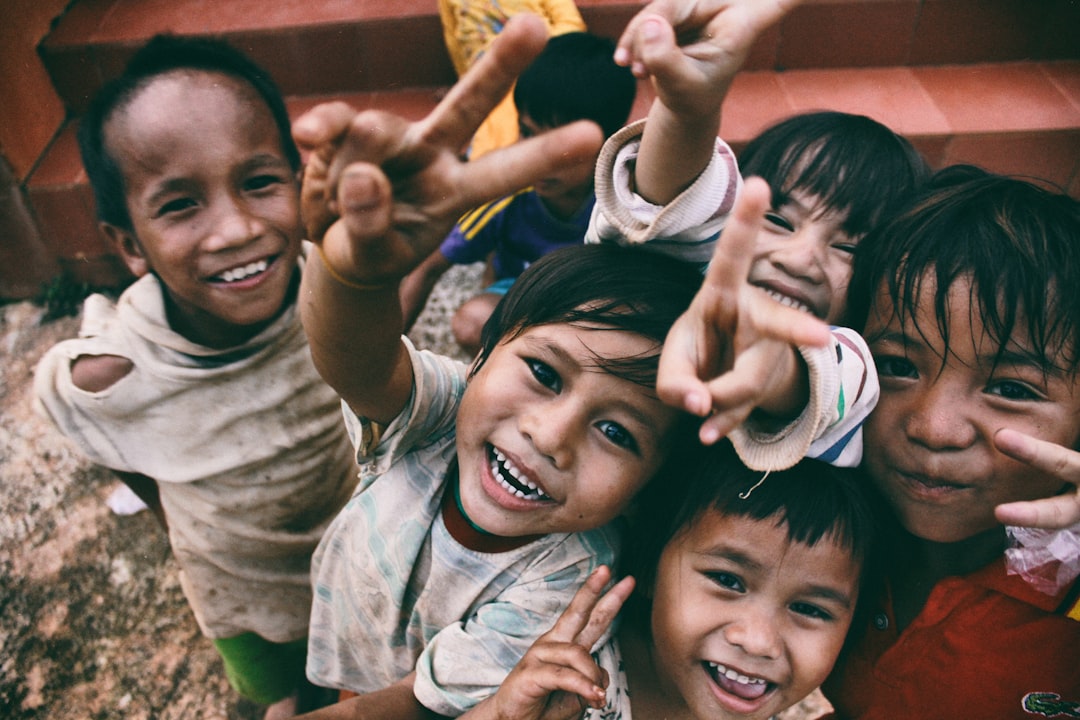What is it about?
This paper delves into the unique bioethical tradition of Malaysia's Malay-Muslim community, particularly focusing on the role of the National Fatwa Council in evaluating the ethical implications of modern scientific practices, using genetically modified food as a case study. It highlights how religious and cultural elements are integrated into the bioethical discourse, emphasizing the council's consultation with both religious scholars and scientific experts to ensure decisions align with Islamic principles while promoting human welfare and minimizing harm.
Featured Image

Photo by Alexandr Podvalny on Unsplash
Why is it important?
Understanding the integration of religious and cultural elements into bioethical discourse within Malaysia's Malay-Muslim community is crucial for several reasons. Firstly, it sheds light on how traditional moral frameworks intersect with modern scientific advancements, providing valuable insights into the ethical considerations guiding decision-making processes. Additionally, exploring the role of the National Fatwa Council in evaluating the ethical implications of practices such as genetically modified food highlights the importance of religious institutions in shaping public discourse and policy formulation. This examination not only enriches our understanding of bioethics but also emphasizes the significance of incorporating diverse perspectives, including religious and cultural, in addressing complex ethical dilemmas arising from scientific and technological progress. Ultimately, this research contributes to fostering inclusive and culturally sensitive approaches to bioethical governance, promoting harmony and respect for diverse beliefs within society.
Perspectives
This article offers a compelling exploration of the intersection between bioethics, religious traditions, and cultural values within Malaysia's Malay-Muslim community, with a specific focus on the role of the National Fatwa Council in evaluating the ethical implications of modern scientific practices, particularly in the context of genetically modified food. From my perspective, this research holds significant importance in several ways. Firstly, it provides valuable insights into how religious and cultural frameworks influence ethical decision-making processes, highlighting the dynamic interplay between tradition and contemporary issues. Moreover, the study underscores the importance of inclusive and culturally sensitive approaches to bioethical governance, recognizing the diverse perspectives and values within society. By examining the mechanisms used by the National Fatwa Council to address bioethical concerns, this research not only contributes to scholarly discourse but also informs public policy and decision-making processes, ensuring that ethical considerations remain central in the advancement of science and technology. Overall, this article offers a nuanced understanding of bioethics in the context of Malaysia's Malay-Muslim community, emphasizing the need for dialogue, collaboration, and mutual respect in navigating complex ethical dilemmas in our increasingly interconnected world.
Mr. Lee Wei Chang
University of Malaya
Read the Original
This page is a summary of: Bioethics in the Malay-Muslim Community in Malaysia: A Study on the Formulation ofFatwaon Genetically Modified Food by the National Fatwa Council, Developing World Bioethics, April 2014, Wiley,
DOI: 10.1111/dewb.12057.
You can read the full text:
Contributors
The following have contributed to this page










